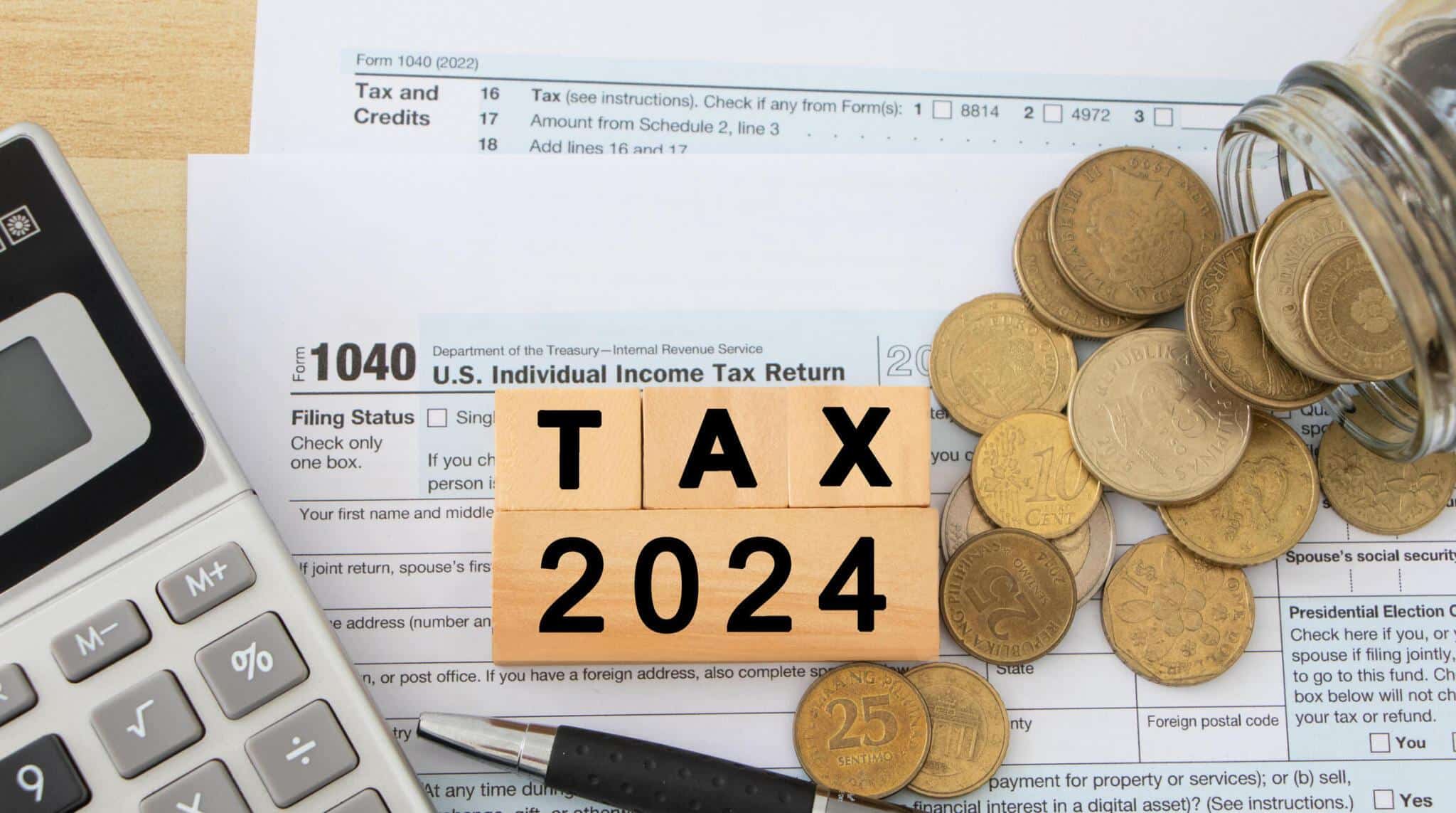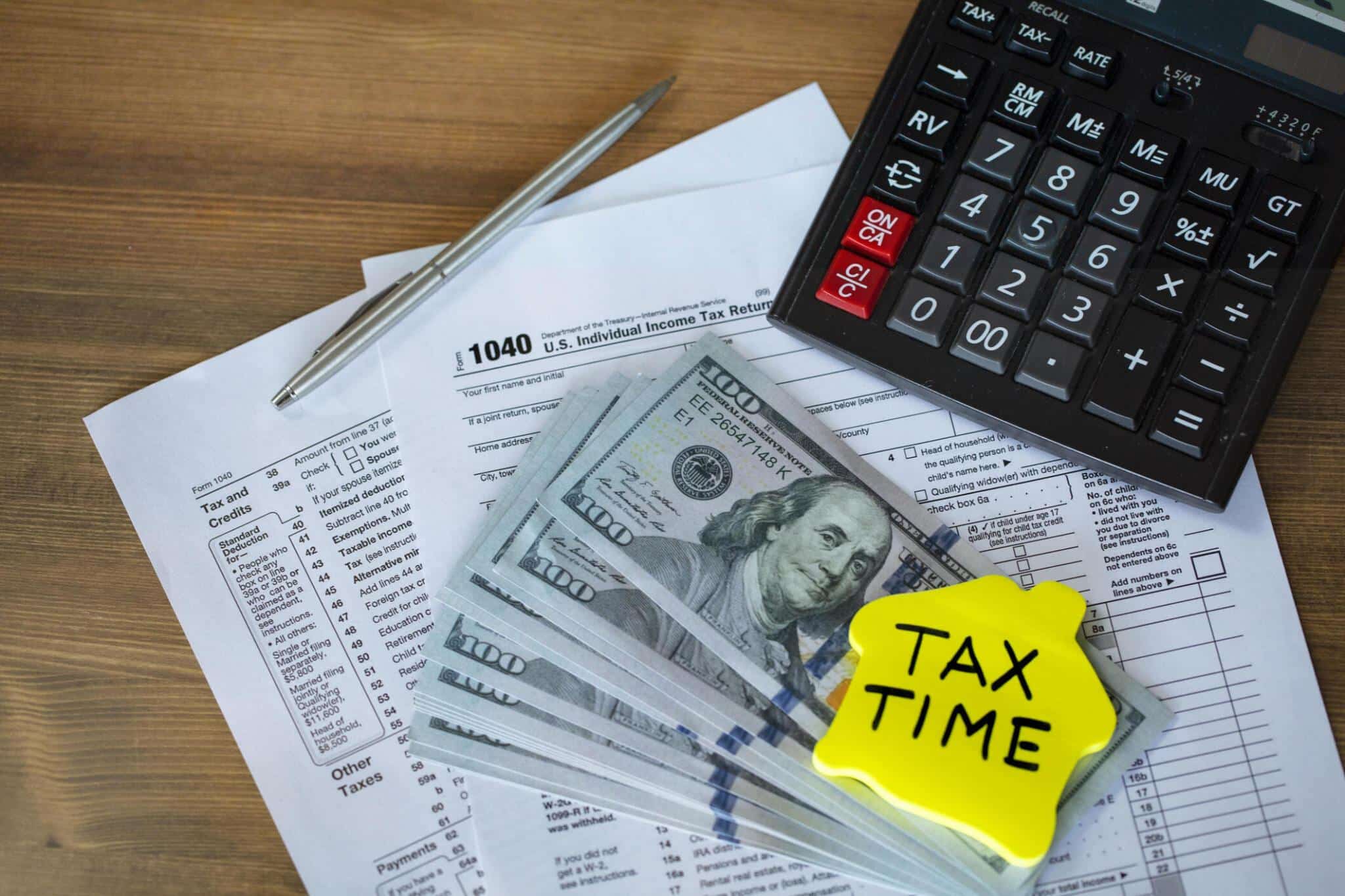As a small business owner, especially in post-COVID times, there is a good chance that you work from home, at least a few hours per week.
You can claim some of these expenses but it’s not a black and white situation, which is why having a good tax accountant can help.
Before you book your appointment to do this year’s taxes, here’s an idea of how the system works.
WFH & business structure
The first thing to note is that your business structure will affect the claims you can and cannot make around working from home.
Sole traders and partnerships can claim work from home expenses. The amount of expenses you can claim is also affected by whether or not you have an area of your home set aside for business.
Trusts and companies can also claim, but the ATO says that “The business should have a genuine, market-rate rental contract (or similar agreement) with the owner of the property”.
-
Sole traders and partnerships
There are two types of expenses you can claim:
-
Running expenses
Running expenses are the increased costs put on the household by the running of the business.
These costs can include:
-
- Heating and cooling
- Internet and phone use
- Cleaning
- Depreciation, and repairs
As long as you run your business from home, you can claim these expenses even if you don’t have a designated business space. So if you work on the couch in the living room, you can still claim.
The ATO provides methods for calculating these expenses.
-
Occupancy expenses
Occupancy expenses cover the cost of buying or renting your home.
These expenses can include:
-
- Mortgage interest* or rent
- Council rates
- Land taxes
- House and contents insurance
The ATO will only allow you to claim occupancy expenses if an area is set aside as a ‘place of business’.
They list the characteristics of a working place of business as including:
-
- clearly identifiable as a place of business (such as a sign at the front of your house)
- not easily suitable or adaptable for private
- or domestic use
- used exclusively or almost exclusively for your business
- used regularly for business visits by your clients
If you are eligible to claim occupancy expenses, you will also be eligible to claim running expenses.
Occupancy expenses are usually calculated based on the proportion of the floor area of your home that was used for business and the proportion of the year it was used for business.
*Something to talk to your tax accountant about is whether you should claim mortgage costs to offset the expenses involved with working from home. Doing so may affect your capital gains when the time comes to sell so you need to be strategic in this area.
-
Trusts and companies
As stated above. A trust or a company can only claim expenses when they “have a
genuine, market-rate rental contract (or similar agreement) with the owner of the property”.
If you don’t have these documents, there may be tax implications you need to deal with.
Things also get a little complicated if you are both the business owner and an employee.
If the business pays for or reimburses you for some expenses related to working from home, then you cannot claim a deduction on your individual tax return.
The business may also have to pay Fringe Benefits Tax (FBT), so again, it makes sense to talk to your tax accountant about which WFH expenses to claim.
Figuring out what you can claim for WFH
The final factor your tax accountant will help with is figuring out how to claim.
Your options are a fixed rate or an actual cost method.
With the fixed rate method, you can claim 67 cents per hour worked against the cost of electricity, phone usage, office supplies etc. You can claim the decline in asset value (things like computers etc) separately. However, you do need to share accurate records showing how much time you have spent working from home.
To claim actual costs, you need to have a great deal of evidence including electricity bills, phone bills etc. You may be able to get more money back on tax this way, but it will take time to ensure you have all the right details to share. However, if you are running a home business, you may find it’s worth putting the effort in.
It’s worth claiming work from home costs to reduce your tax bill, even if it takes a bit of time to figure out how much you have spent throughout the year.
Need help to understand how to claim work from home expenses in your tax return? Contact Mobbs & Co today.










